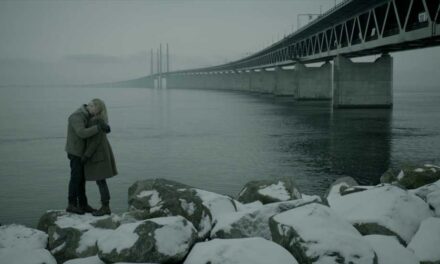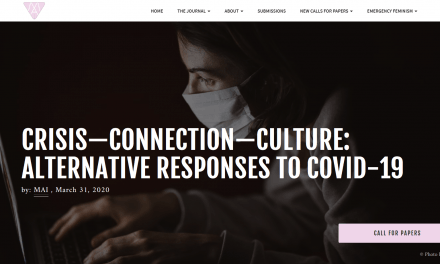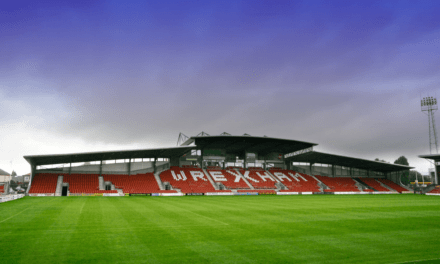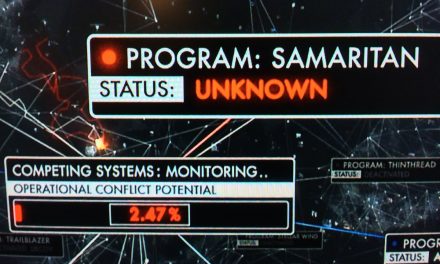Application for roundtable sessions at The BBC at 100 symposium, 14-15 Sept 2022
The BBC at 100 symposium will take place at the National Science and Media Museum in Bradford and online on 14-15 Sept 2022. It is sponsored by the Arts and Humanities Research Council with the help and support of the National Science and Media Museum and Media History.
The symposium is interdisciplinary, inclusive and free to attend in-person or online. It aims
- to act as a gathering of the tribes, encompassing everyone from established scholars to postgraduates
- to take stock of research about the past century of British broadcasting by scholars in history, media and cultural studies, literary criticism, music, technology and related fields
- to explore what conceptual and logistical changes are needed to foster new directions in research and teaching
- to bring together archivists and researchers to discuss how to expand access to BBC archival resources, especially audiovisual ones.
There is no conference registration fee, but all participants will need to cover their own travel and accommodation except for postgraduates, who can apply for help with travel.
The symposium will feature two types of sessions:
- Workshops run by archivists on how to find, access and interpret primary sources on the BBC. Invited organisations include BBC Archives, the BBC Written Archives Centre, the British Library’s Sound and Moving Image collection, the National Library of Wales, the National Science and Media Museum, the British Entertainment History Project, The Radio Circle, Kaleidoscope and the TV Museum and Transdiffusion websites. Any archivists wishing to participate should not use this form but email marcus.collins@lboro.ac.uk directly.
- Roundtable discussions between four panel members and the audience (in-person and online) on the past, present and future of research on a variety of topics concerning the BBC since 1922. No papers will be presented. Instead, each panel member deliver a five-minute position statement addressing the following questions on the session topic:
– how has research on the topic developed?
– what are foundational studies on the topic and what are some of the most significant recent contributions to knowledge?
– how does work on the topic relate to key debates about the BBC and the history of broadcasting?
– what aspects of the subject remain understudied and why?
Proposals for roundtables on any topic relating to the BBC over the past century are welcome, but those which are broad in scope and which maximise audience engagement are particularly encouraged. An indicative list of possible topics can be viewed on Google Drive at https://tinyurl.com/bbc100topics.
How to apply
Participants can either apply individually or as members of panels for a proposed theme.
- If you are an individual who wishes to be a panel member of a roundtable, simply complete the form at https://tinyurl.com/bbc100form and we will try to find a suitable panel for you to join.
- If you wish to propose a roundtable panel, one panel member needs to complete the form below, including details of the other panel members and the suggested topic.
Panel applications which include at least one early career researcher should consist of either three or four members. Panel application which do not include an early career researcher should consist of three members, so that an early career researcher can be added to the session.
An early career researcher is defined someone who neither held a PhD for at least eight years nor has held an academic job for at least six years, excluding career breaks. An extensive if far from comprehensive list of academics working in the field has been compiled to facilitate the creation of panels. It can be viewed (and added to) at https://tinyurl.com/bbc100experts.
The extended deadline for all applications is 11.59 p.m. on Wed 1 June. The symposium organisers will inform panel applications of the outcome of their application within ten working days of the application being submitted. Individual applicants will be contacted by 31 May at the latest. Any queries should be sent to Marcus Collins, AHRC BBC 100 Fellow and Reader in Contemporary History at Loughborough University (marcus.collins@lboro.ac.uk).






Thanks for spreading the word – all welcome.
Marcus Collins